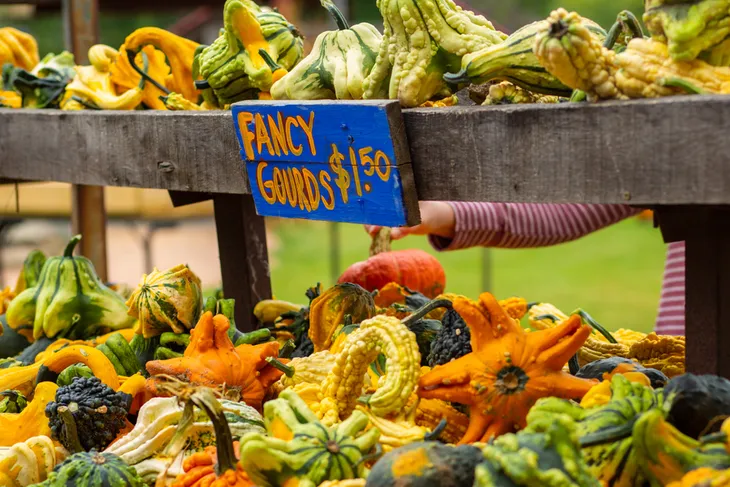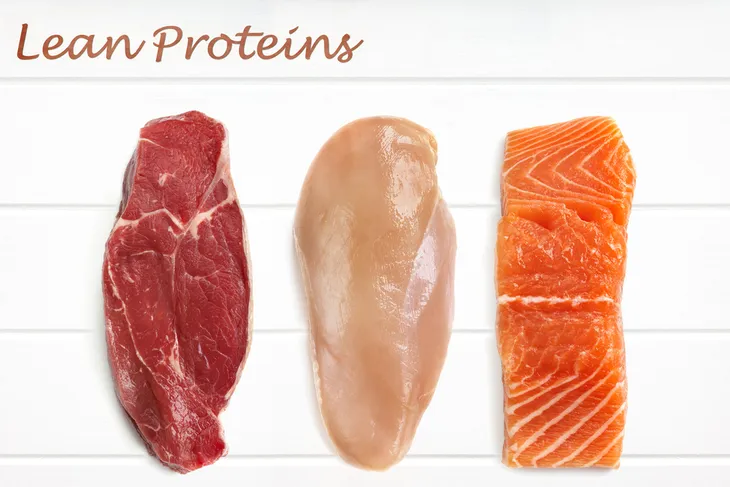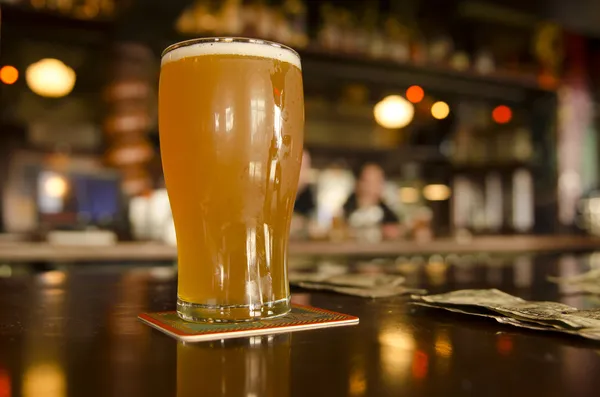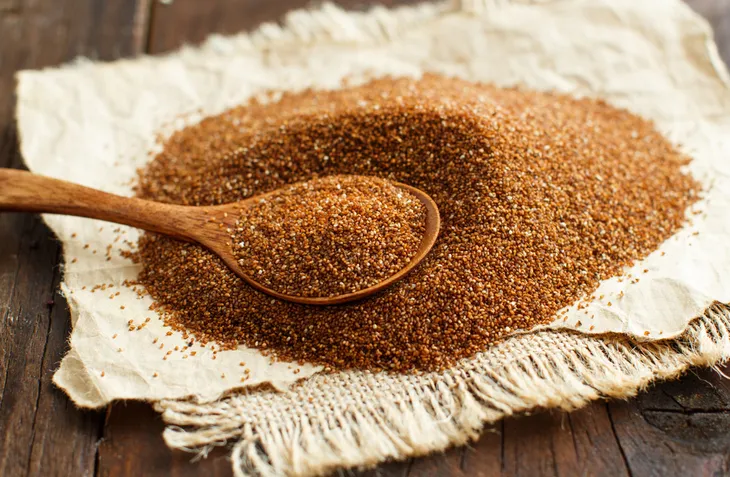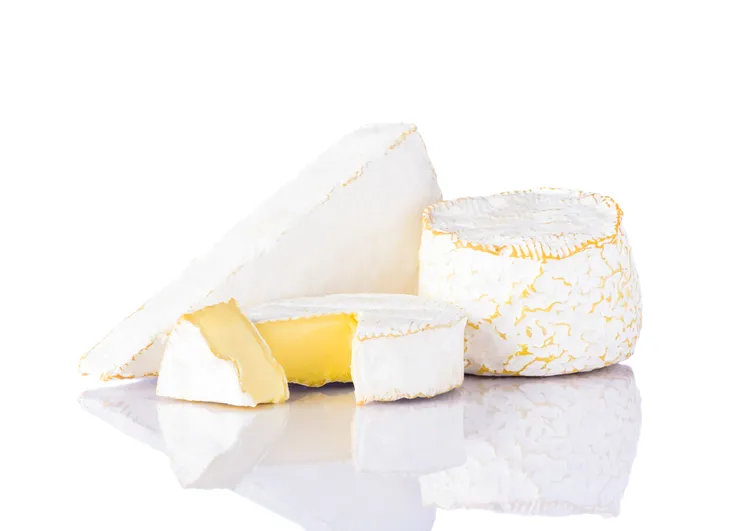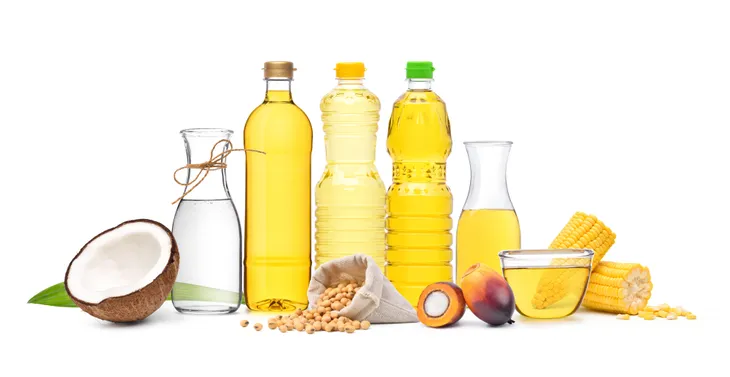Many of us already bring reusable shopping bags to the grocery story, recycle, and maybe even compost. However, your environmentally friendly goals can also extend to your diet. Sure, you may already use a refillable water bottle or coffee mug vs. paper or plastic, but you can also focus the actual foods you’re buying on local, seasonal sources that can better the planet…
1. Pick Seasonal Produce
Happy first day of autumn, which means we’re in store (in many parts of North America) for a collection of seasonal produce—apples, pears, beets, artichokes, Brussel sprouts, cabbage, broccoli, figs, cranberries, garlic, grapes, and kale, oh my!
So when these fall beauties make their appearance at your local farmer’s market, do your green part and pick from seasonal produce vs. out-of-season fruits and veggies that don’t require inefficient shipping to market.
2. Reach for Sustainable Protein
According to the Environmental Working Group (EWG),“Beef production utilizes more than 10-litres of water per one calorie of food produced.” If you’re a meat eater, you can still find more sustainable proteins to satisfy your appetite.
For instance, the EWG points to wild-sourced animal proteins—such as free range turkey and chicken, wild game, and organic grass fed meats from a local butcher as opposed to just grabbing cuts from your grocer. You also don’t have to eat meat every day so try a meatless Monday.
3. Cheers to Craft Wine and Brews
No, most wine drinkers aren’t fortunate enough to be within walking distance to a vineyard (unless you make your own wine at home). Still you can choose to uncork local vintages as opposed to more exotic wines from far off places.
You can also swap your drinking preferences for local, craft brews…and you don’t need to grow a beard and wear plaid shirts in order to do so. So go local by seeking out your brews at pubs that serve local selections from local microbreweries, cider houses, and wineries…and you can even find many that use organic ingredients in their processes.
4. Reach for Rice Alternatives
If your typical dinner or lunch side is rice, try boiling up one of these more sustainable alternatives that will still satisfy your appetite. For instance, the Whole Grains Council pinpoints a few sides that require less agricultural production compared to rice.
Give more exotic grains—such as teff (a white grain from Ethiopia), amaranth, or millet a starring role as your most supported dinner staple.
5. Go Soft for Cheese
A 2012 Time magazine article equals the production of one pound of cheese to producing more than 11-pounds of carbon dioxide. If you love cheese, and other dairy products, unfortunately, your favorite foods top the list of unsustainable, greenhouse gas-emitting foods (i.e., considering production and shipping).
However, if you just can’t imagine life without cheese, choose a soft over a hard cheese. For instance, soft cheeses (i.e., Brie) vs. hard cheeses (i.e., cheddar) are often less processed.
6. Choose Products with Sustainable Oils
You’d likely never consciously choose a product if you knew it resulted in the clear cutting and deforestation of rainforests. However, your favorite brand of potato chips, margarine, chocolate, and even peanut butter may incorporate palm oil among its ingredients.
Palm oil is largely farmed through forest fires and clear-cutting rainforests, as well as displacing large numbers of the orangutan population, according to the World Wildlife Foundation. So snack wisely, by choosing products fried in coconut, canola oil, or other sustainable oils rather than palm oil. Or even better make your own baked chips at home.

